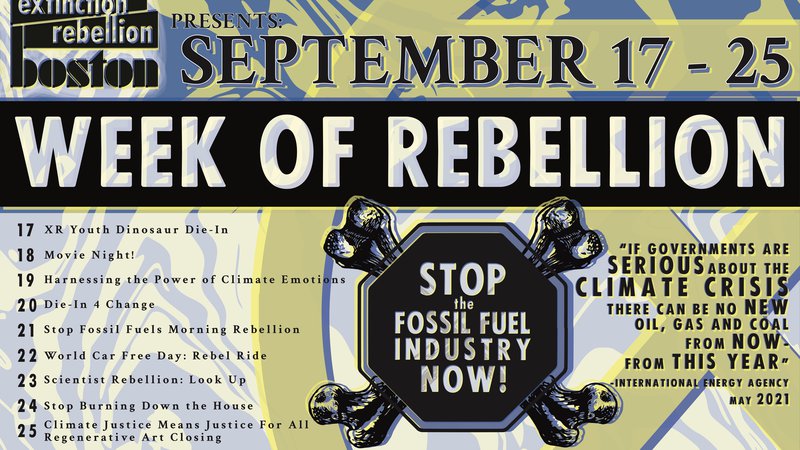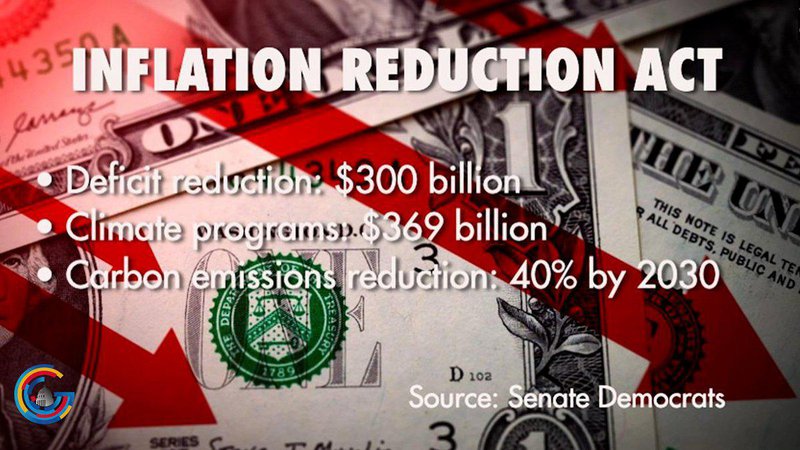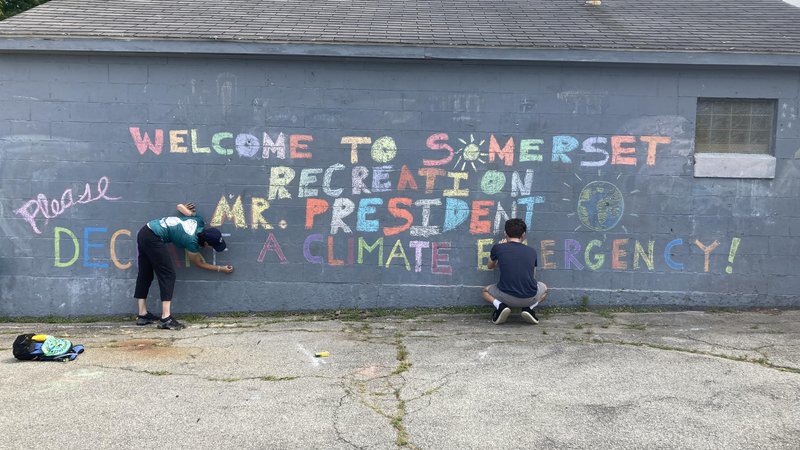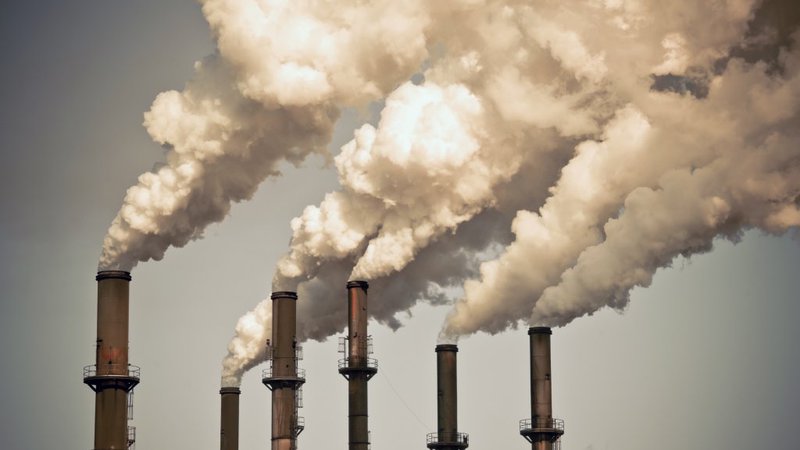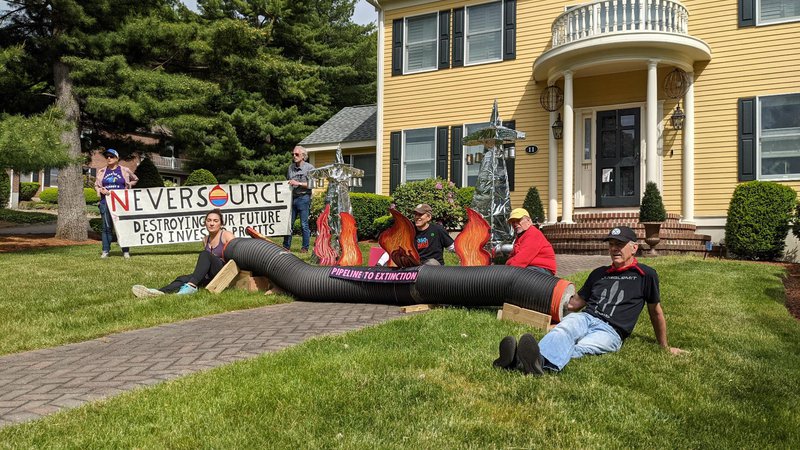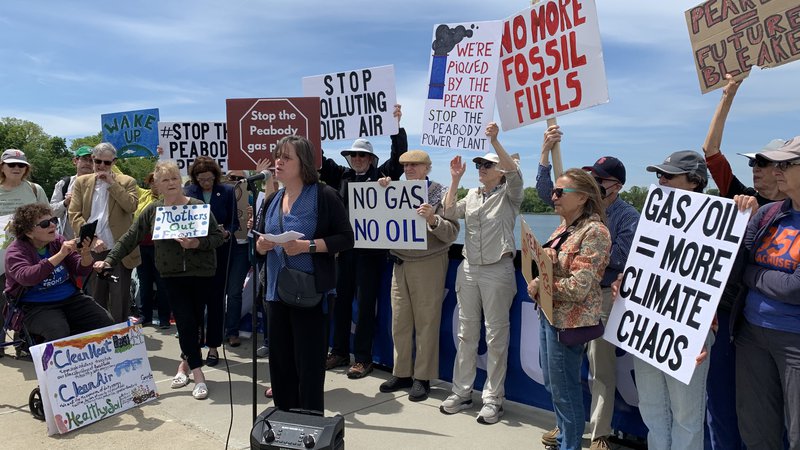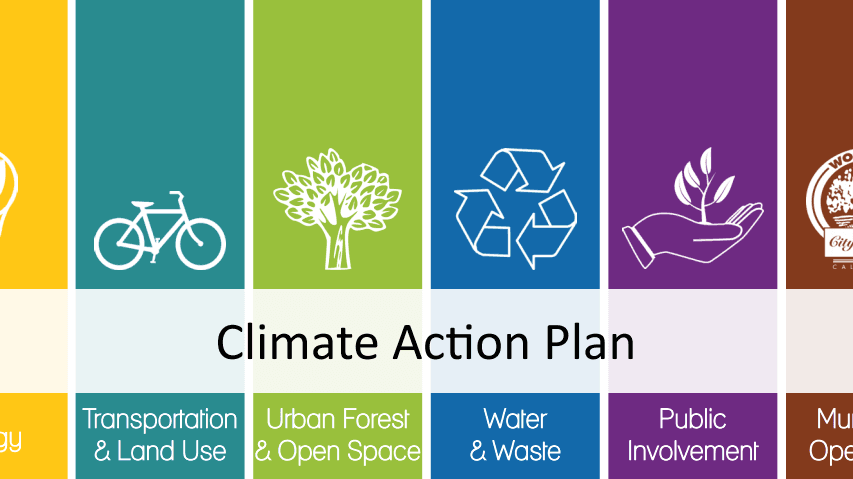
Climate Emergency Declarations and Action Plans in Massachusetts
Several towns in Massachusetts have declared a climate emergency with plans to transition away from fossil fuels to renewable sources of energy in order to avert climate & ecological collapse and ultimately the collapse of civilization with the increased possibility of human extinction.
Declared Climate Emergency
- Boston
- Cambridge
- Dennis
- Harwich
- Truro
- Eastham
- Wellfleet
- Falmouth
- Provincetown
- Wellesley
- Windsor
- Lowell
- Amherst
- Northhampton
Committed to 100% Renewables
- Amherst by 2050
- Cambridge by 2035 (not taking action to meet this commitment)
- Lowell by 2035
- Northhampton by 2035
- Windsor by 2050
Cape Cod Times, "Climate Emergency Declarations Pass in Seven Cape Towns"
"With the addition of Dennis earlier this month, Climate Emergency Declarations have passed in all seven of the first town meetings held this fall on Cape Cod.
“In each of the town meetings that have happened so far, there was barely any argument that this wasn’t an emergency. Hopefully it’s preparing the grounds so that as we go forward with more detailed strategies in each town to combat greenhouse gas emissions, there will be more consensus that yes, we have to do this,” said Co-coordinator of the Cape Cod Climate Action Network Barry Margolin.
The towns of Harwich, Truro, Eastham, Wellfleet, Falmouth and Provincetown have also approved Climate Emergency Declarations."
City of Boston, "City Council affirms climate crisis as a public health emergency"
"The health threats of climate change include increased exposure to extreme heat, reduced air quality, more frequent and intense natural hazards, increased exposure to infectious diseases and aeroallergens, effects on mental health, and increased risk of population displacement and conflict.
Climate change exacerbates health disparities, disproportionately harming the most vulnerable among us – children and pregnant women, people with low income, the elderly, people with disabilities and chronic illnesses, and marginalized people of all races and ethnicities.
It is for these reasons that the City Council adopted a resolution affirming that the climate crisis is a health emergency."
WBUR, "5 Takeaways From Boston's Climate Resilience Plans For Downtown, North End And Dorchester"
5 takeaways:
1. Parts of Dorchester, Downtown and the North End are going to be under water. OK, well maybe not totally under water all the time. But Boston is expected to see 9 inches of sea level rise over 2013 levels by the 2030s.
2. There are lots of different ways to deal with all this water. Berms, flood gates, tidal wetlands, raised harborwalks, flood-able parks, strengthened seawalls — they're all in the reports! Take Morrissey Boulevard, for instance: two possible solutions are raising the road 16 feet, or raising the road 10 feet and building a landscape berm along the edge. Each of those solutions has pros and cons — and hefty price tags in the tens of millions of dollars.
3. The city of Boston can't pay for all this by itself. The Walsh administration has set aside 10% of the city’s annual capital budget for resilience efforts. But Chris Cook, Boston's Chief of Environment, Energy, and Open Space, says that $20-30 million won’t be enough, and completing these projects will require private partnerships and federal funding as well.
4. Neighborhood input is critical. Critics are concerned that Boston's climate resilience efforts may lead to gentrification and displacement. And city and state officials often catch flak for not including local communities in infrastructure planning — take the East Boston substation controversy, for example. City officials say they are trying to do better, and note that resilience planning offers the city a chance to rectify a history of environmental racism that has put many communities on color on the frontlines of climate change.
5. Some projects are already underway, others will take decades. In the North End, a $15.3 million project to make Langone Park and Puopolo Playground ready for 2050 flood levels should be completed this year. The project includes raised athletic fields, a harborwalk elevated four feet and a strengthened the sea wall.
Amherst.gov, "Environmental Policies in Amherst, MA"
"The Town of Amherst established the Energy Task Force in the summer of 2000 as part of its participation in the Cities for Climate Protection campaign, with the mission to develop, implement and monitor strategies to reduce greenhouse gas emissions within the Town of Amherst. The Task Force met on a monthly basis to discuss and develop the Town of Amherst's Climate Action Plan; create policies and local solutions in addressing global climate change, energy conservation and sustainability; and monitor continued progress."
Amherst has committed to be carbon neutral by 2050 using this Climate Action Plan.
Related Stories:
Featured:
-
The third annual Week of Rebellion is full of opportunities for celebration and action!
-
Our government had the opportunity to finally turn our state into a "climate leader," and they decided yet again to prioritize profits and political posturing over the well-being of residents.
-
Prominent climate scientists and activists demand immediate climate action in the United States.
-
Stop the Fossil Fuel Industry, Now: List of events for Extinction Rebellion Boston's September week of rebellion
-
A compilation of books, movies, articles, and ways to take action to protect Black lives
-
Nadia Colburn, PhD and member of Extinction Rebellion Media team, discusses how to talk about the climate and ecological crisis with family and friends.
Upcoming Events:
-
Wed Mar 4th @ 11 a.m.
-
Thu Mar 5th @ 7:30 p.m.
-
Sat Mar 7th @ 11 a.m.

